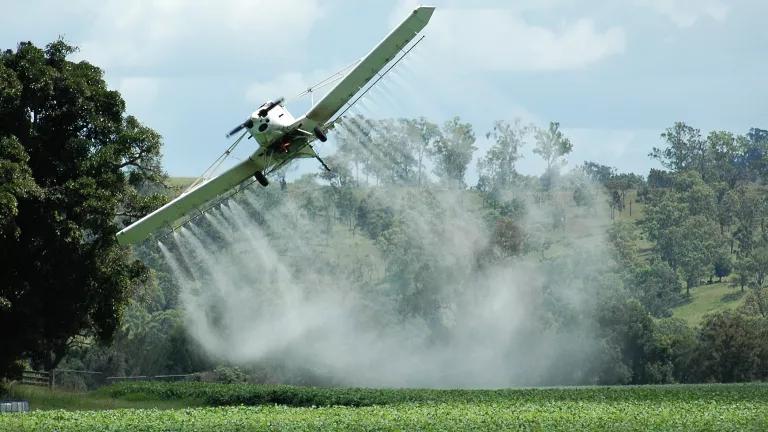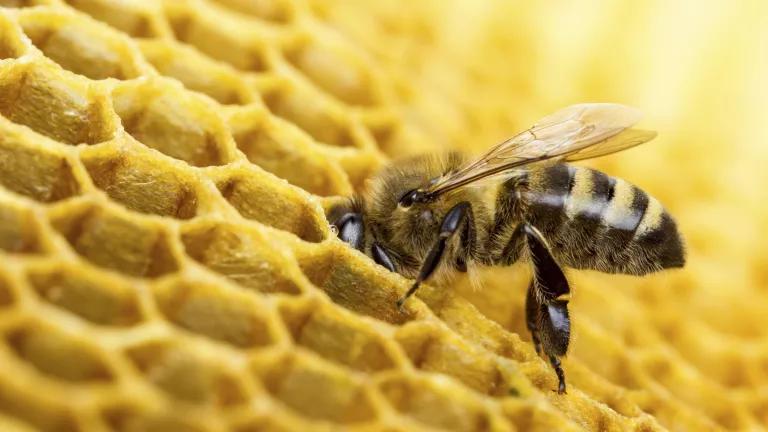As the Vaquita Dives Toward Extinction, NRDC Isn’t Giving Up
For vaquita, the smallest porpoise species, native to a small portion of Mexico’s northern Gulf of California, the situation in the water has never been worse. With far fewer than 30 vaquita remaining and the population shrinking by half every year, vaquita specialists predict extinction within a year or two.

For vaquita, the smallest porpoise species, native to a small portion of Mexico’s northern Gulf of California, the situation in the water has never been worse. With far fewer than 30 vaquita remaining and the population shrinking by half every year, vaquita specialists predict extinction within a year or two. But NRDC and its coalition partners, the Center for Biological Diversity and the Animal Welfare Institute, aren’t giving up and we’re not going to let the U.S. government off the hook either, when it has a legal obligation to help save the vaquita. So, we’re suing the U.S. government; if the vaquita’s plight won’t move it to action, a court’s order will.
But can a legal battle in the United States help save the vaquita in Mexico? Yes, but before I explain how, it’s important to go over a few facts. First, the sole cause of vaquita extinction is fishermen’s use of gillnets in the upper Gulf of California. Vaquita get entangled in these gillnets and drown, making their survival incompatible with gillnet use in and around their habitat. Second, many of the species targeted by these fishermen, like shrimp and corvina, are exported to the United States. Third, the United States has leverage over these fisheries because U.S. law requires a ban on imports of fish and fish products that harm marine mammals, like the vaquita, in excess of U.S. standards. But, the United States has failed to ban vaquita-harmful imports.
So, the legal battle can help save the vaquita. If a court forces the U.S. government to follow the law, it will require a ban on vaquita-harmful imports. To retain or regain access to the lucrative U.S. market, the Mexican government and Mexican fisheries will ensure that exports are vaquita-friendly (i.e., not caught with gillnets), reducing gillnet use in vaquita habitat and helping save the species.
It’s a bit more complicated than that of course, but at its core that’s what the legal battle is about. The plight of the vaquita hasn’t compelled an adequate response in Mexico, but maybe a real monetary loss will trigger action and we can force that on Mexico by making the U.S. government comply with the law.
It is a blunt tool, but it’s one of the only tools we have left. Nothing else has worked. Mexico is simply not adequately responding to the fact that a porpoise species that has been on the planet for a million years is disappearing within its jurisdiction. Unfortunately, this has happened before with Mexico, which failed to stop the killing of dolphins in its tuna fleets and the deaths of sea turtles in its shrimp fisheries until threatened with U.S. economic sanctions.
If neither Mexico nor the U.S. government will stand up for vaquita, then we will. NRDC isn’t giving up.



